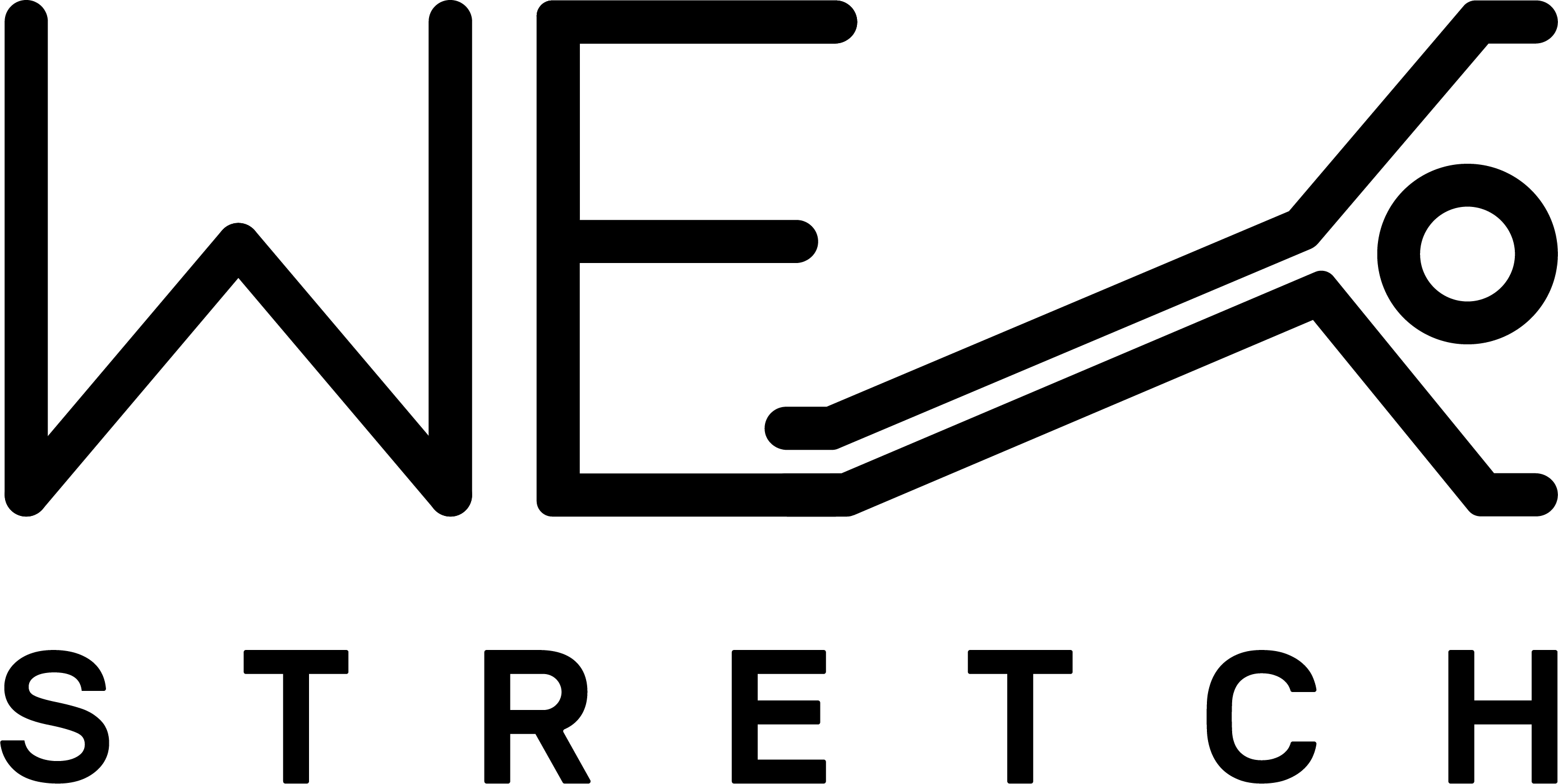What is muscle tension?
Muscle tension is when a muscle contract but doesn’t release properly, which can leave parts of the body remaining semi-contracted for periods of time. This can be a sign of stress, as your body is tensing up to face a problem. Muscle tightness can eventually lead to tension headaches and other physical ailments.
Muscle stiffness can be caused by:
– Having improper posture, either sitting or standing.
– Reduced movement in your day and inadequate exercise.
– Eating an unhealthy diet.
– An injury, especially one that isn’t healing properly.
– A lack of quality sleep.
Common areas of muscle tension
According to Lymbr, the most common areas to find muscle rigidity in your body is in your neck, shoulders, hips, hands, and feet. While you can hold tension in other places, by focusing on these main joints, you can relieve many of your overall muscle aches and pains.
One other common area that many people clench without realizing is their jaw. Take a moment to focus on allowing your jaw to relax by opening your mouth and moving the muscles of your face. This quick mini-stretch is great when you cannot move around freely.
How to relieve muscle tension
Stretch out your sore spots.
Stretching helps to relieve muscle rigidity and tension. This works by moving each joint through its range of motion and encouraging increased circulation through tight areas. WeStretch offers some great stretching routines that target specific pain points or that can work through all your joints in a holistic approach.
One of the biggest keys to stretching out your sore spots is to move your joints and muscles in every direction safely. While you can try this yourself, we recommend following along with WeStretch’s physiotherapist-approved stretches, as to avoid potential injury!
If you would like to check out some of the stretches that WeStretch uses, check out our Ultimate Guide to Stretching.
Use hot and cold treatments.
When your muscles are extremely tight and you are finding it hard to release them, use heat therapy to melt the tension away. This could be having a hot bath, applying a heating pad to an afflicted area, or bundling yourself up in warm clothes and blankets.
If your muscles are swollen or inflamed, it is best to use cold therapy, such as ice packs or ice baths. There are also quick relief options out there such as menthol balms like Biofreeze. Be sure to check with your doctor before using any medication to make sure it is right for you.
Exercise regularly.
Many instances of muscle tension occur due to inactivity or stress, which can be relieved by regular exercise. The human body is designed to stand and move, and our sedentary lifestyles can cause us more harm than good.
Try to incorporate more movement into your day, whether it’s making a conscious effort to refill your water bottle regularly or going for a walk after work.
For many ailments, one of the regularly recommended treatments is to get at least 150 minutes of moderate-intensity exercise per week.
WeStretch provides a great option for beginner cardio exercise if you are needing a way to get started!
Seek out different treatment options
Massage therapy
Massage is great for immediate pain relief as well as a chance to relax and unwind. This manipulation of soft tissue is great for relieving pain and working out tight muscle knots along the body.
Physical therapy
Physiotherapy has a focus on rehabilitation and improving joint function. Physiotherapists focus on long-term solutions and working with chronic pain clients. Both massage and physio can be beneficial in addressing muscle tension, but check out this healthcare guide to learn more about the differences between these two techniques.
Chiropractic care
Chiropractors focus on addressing alignment issues, particularly with the spine. Incorrect alignment of your body can cause too much or too little tension in your muscles, causing pain. This is why they take a holistic approach to your posture and body. This helps to address underlying issues that can cause more muscle pain in the future.
Muscle tension can be painful and affect your daily life, but it is often something that is treatable. If you’re only experiencing minor muscle tension, try stretching for 30 days with WeStretch to notice a difference.
(If you are experiencing more severe muscle tension that is not relieved by stretching or gets worse, speak to a trusted healthcare professional to create a treatment plan for yourself or to rule out any underlying conditions.)
Any links included are for reference, additional information, or entertainment value only, without monetary compensation. Contact us on social media or at [email protected]. Photos courtesy of Unsplash.
This article is not intended to act as or replace medical advice. Please talk to your healthcare practitioner if you have any concerns.
Written by Kayla Willsey

